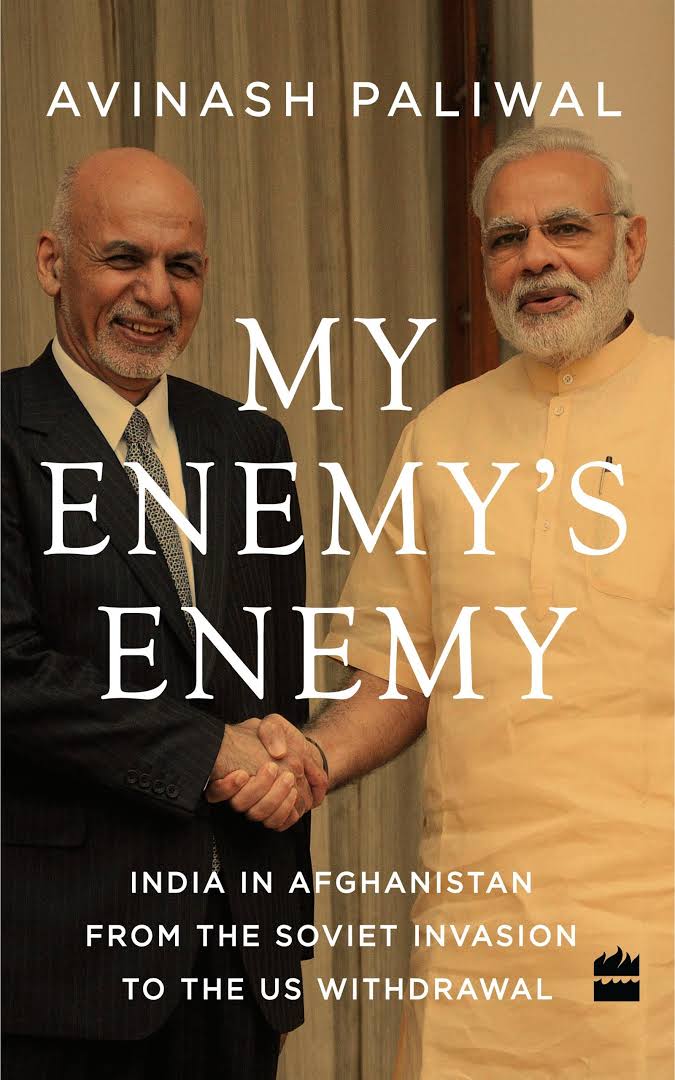The title says it all. India’s approach to Afghanistan has little to do with Afghanistan. It has everything to do with Pakistan. This tells us something about India, about how we see ourselves, which is essentially in relation to our Siamese twin, Pakistan. This is not quite how we project ourselves—as a regional power and emerging great power, measuring up against China and a strategic partner of the US. India comes across as just another country attempting to set itself off against its neighbours. Since in our case—and in this case—it is Pakistan, a country perpetually on the brink of failed state status, this is evidence that we are not quite the power we make ourselves out to be. It is no wonder that our Afghan policy—essentially out to sabotage what Pakistan is up to in Afghanistan—is mostly a step behind. Avinash Paliwal’s book tells it like it is: the fragility of thinking in our national security policy making establishment and the dangers that can only accrue.
Paliwal describes the making of India’s Afghanistan policy as an offshoot of our Pakistan policy. This is of a piece with our Pakistan-centric Kashmir policy. It is also true of our wider defence policy, which while having China in the sights rhetorically, has Pakistan in its cross hairs. What is worse is that this policy does not emerge from—as imagined—from a cool-headed survey of the threats and opportunities in the strategic environment and the geopolitics of the region, but from a political battle between partisan lobbies within the national security establishment. In the case of Afghanistan, Paliwal has it that there are the ‘partisans’ and the ‘conciliators’ battling to control policy.

